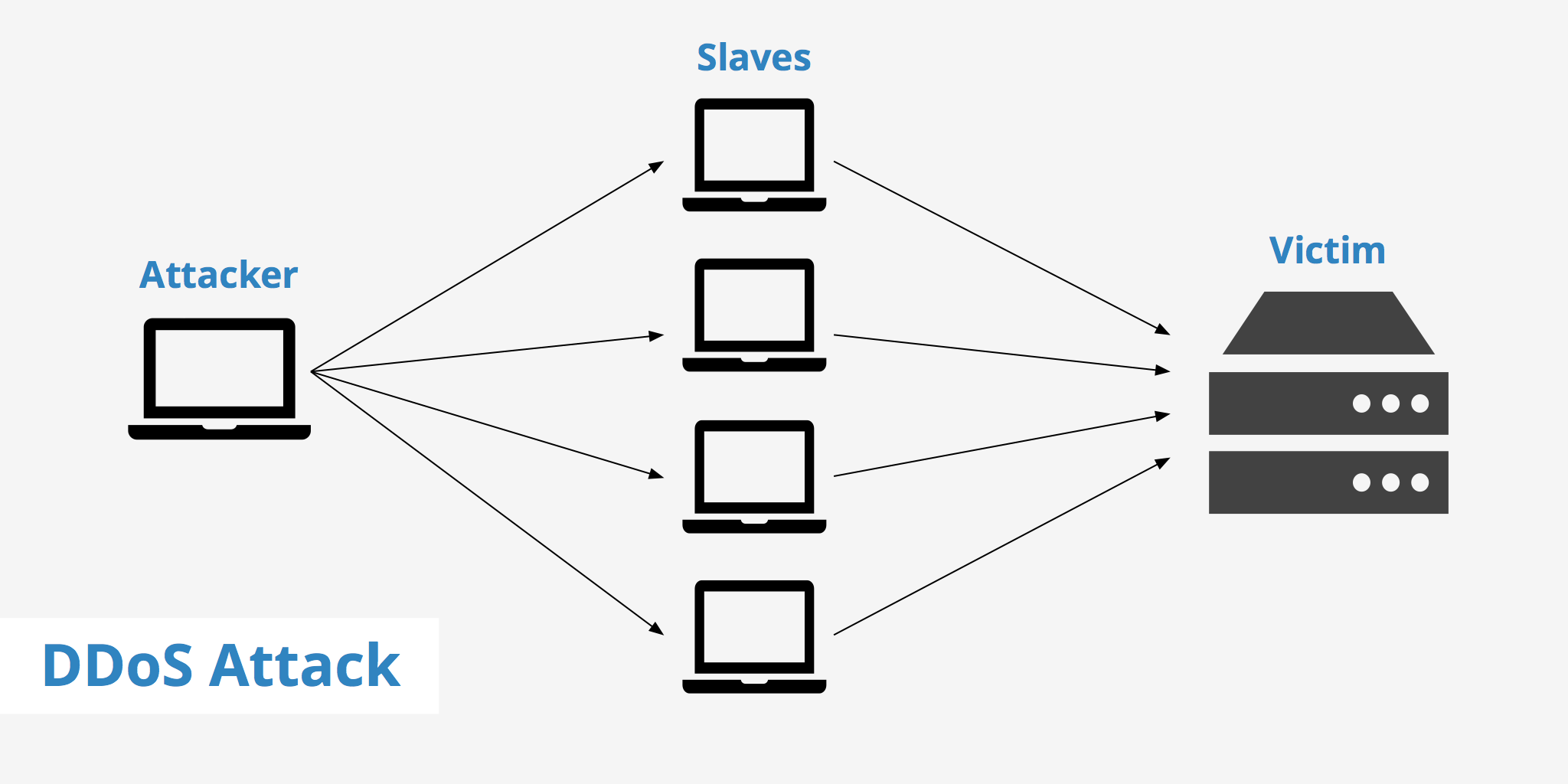Thanks to the ever increasing level of cyber threats, every website deserves a robust DDoS protection for its safe and reliable operations. There is an unprecedented increase in intensity and frequency of cyber attacks that are backed by sophisticated techniques.
Brief insight about DDoS
An attack that results in denial of any service including email or web connectivity to the general users or institutions is considered as DDoS or Distributed Denial of Service attack. These attacks are executed by bombarding the targeted server with a huge volume of requests with an aim to block its actions.
DDoS attack is designed to cause widespread damage to normal day to day functioning of the enterprise or institute. Principal motive of the perpetrators of DDoS attack may be related to a revengeful attitude, or to extract money by causing nuisance or blackmailing. It is also observed that the attacker may not be targeting the website per se because the actual victims are the individuals who are depending on its services.
Whatever may be the motive behind a DDoS attack, the main victim or target of such activity is the server. This can be achieved by congesting the traffic and bandwidth, or attacking hard disk and database storage space with flood of requests. DDoS attack is also found to cause damage to CPU usage as well as server memory.
Need for a sound protection
In the absence of any effective protection, your website is destined to vanish into the blue by going offline. The only choice left to you is to get it up and running by manual methods in the event of a successful DDoS assault. The gravity of such scenario can be overwhelming because it can severely impact your customer base, reputation, and finances.
It must be clear by now that the only way to deal with DDoS attacks is to thwart them before they can inflict damage to your online presence. Prevention is the best defense against most of the potentially dangerous cyber attacks including Distributed Denial of Service (DDoS) assaults.
Reinforcement of bandwidth resource
This may sound to be a far-fetched solution for improving security quotient of the website but a higher bandwidth can certainly help your website sustain a DDoS attack without being pushed offline. Web servers are in a better position to deal with DDoS attack if there is sufficient amount of bandwidth at disposal.
The proof of the bandwidth’s ability in terms of security can be tested by observing websites of large businesses including Facebook or Google that do not suffer from downtime due to DDoS attacks. In addition to a large array of security measures such as firewall protection, the bandwidth of these sites as sufficiently large to reduce impact of DDoS assault.
Detection of an impending DDoS threat
One of the most effective measures to prevent an incoming DDoS attack is to detect any unusual activity. The attack can be mitigated by ensuring that the particular IP address from where the DDoS attack is originating is blocked. The blockade will prevent access of IP address and safeguard your site from the devastation.
DDoS mitigation is the proven and tried method of detection and prevention of the attack by identifying the source of assault in advance. Detection of the attack is also possible with some help from your own Internet Service Provider.
Whenever you are suspecting a possibility of a DDoS attack you can request the service provider to redirect the traffic if any attempt of the attack is detected. Reliable Internet Service providers have been of great help in nipping the DDoS at an early stage. In fact, there are several ISP companies that have designed packages that include these services at an extra cost to customers.
Prevention by detection and mitigation is an ideal way to eliminate possibility of a DDoS attack. These options are worth considering because of the value being provided in terms of securing the site against the major threats of DDoS attacks.
Smart and versatile CDN systems
Content Delivery Network systems not only enhance the user experience by positioning multiple edge servers close to the end users’ locations, but have also a remarkable potential to maintain the website’s performance in spite of a successful DDoS attack.
Thanks to the Points of Presence or edge servers that form the network of CDN systems, these can be used to provide redundancy to maintain online presence of the website in spite of any of these edge servers being impacted due to DDoS attack.
Other servers can be made to provide continuity of website operations till the time the affected server’s performance is restored.
In conclusion
Although DDoS attacks are growing in terms of audacity as well as frequency, there are several ways to deal with such emergencies. The oft repeated cliché of prevention is better than cure aptly sums up the range of solutions available to gain immunity from DDoS.






 Live Chat
Live Chat
